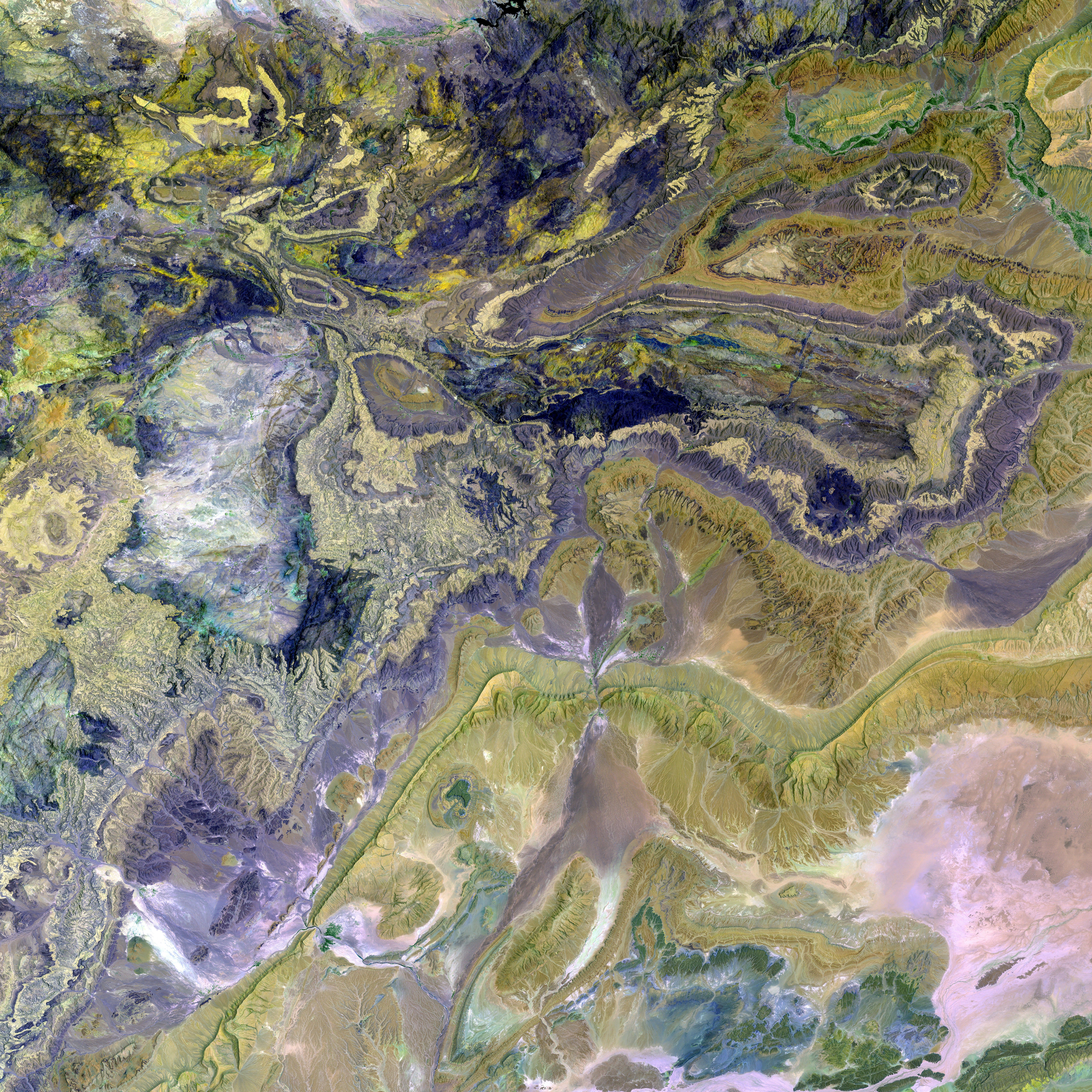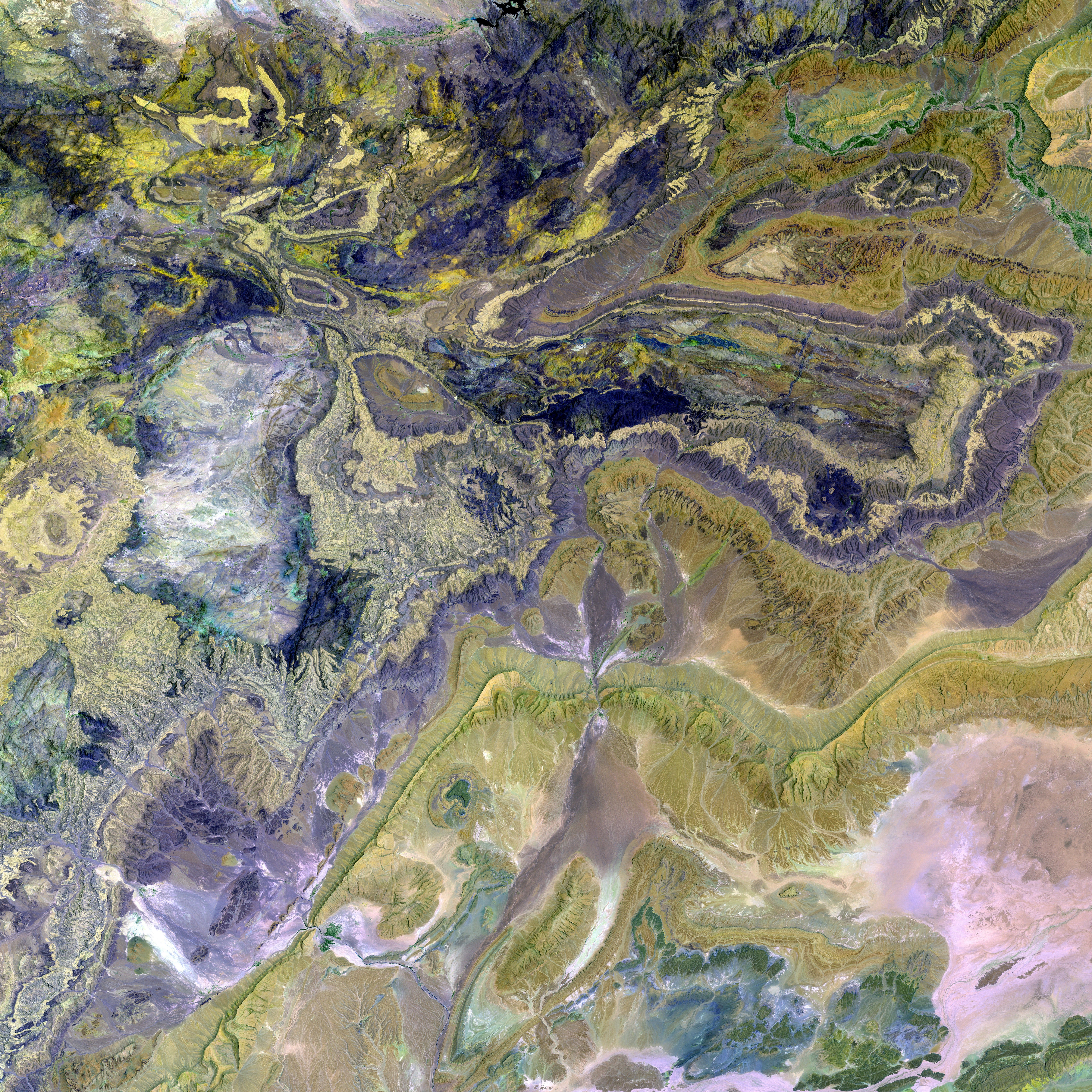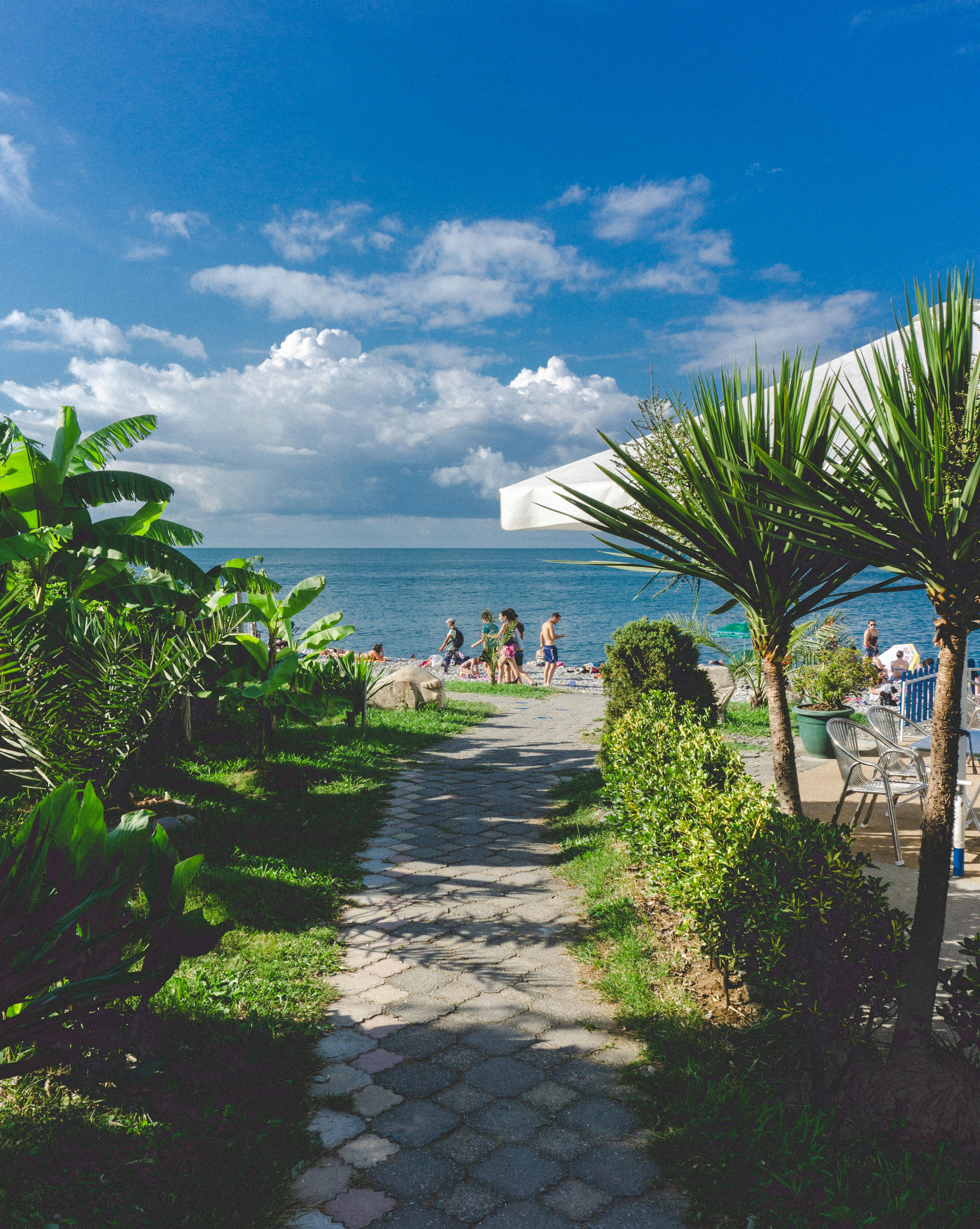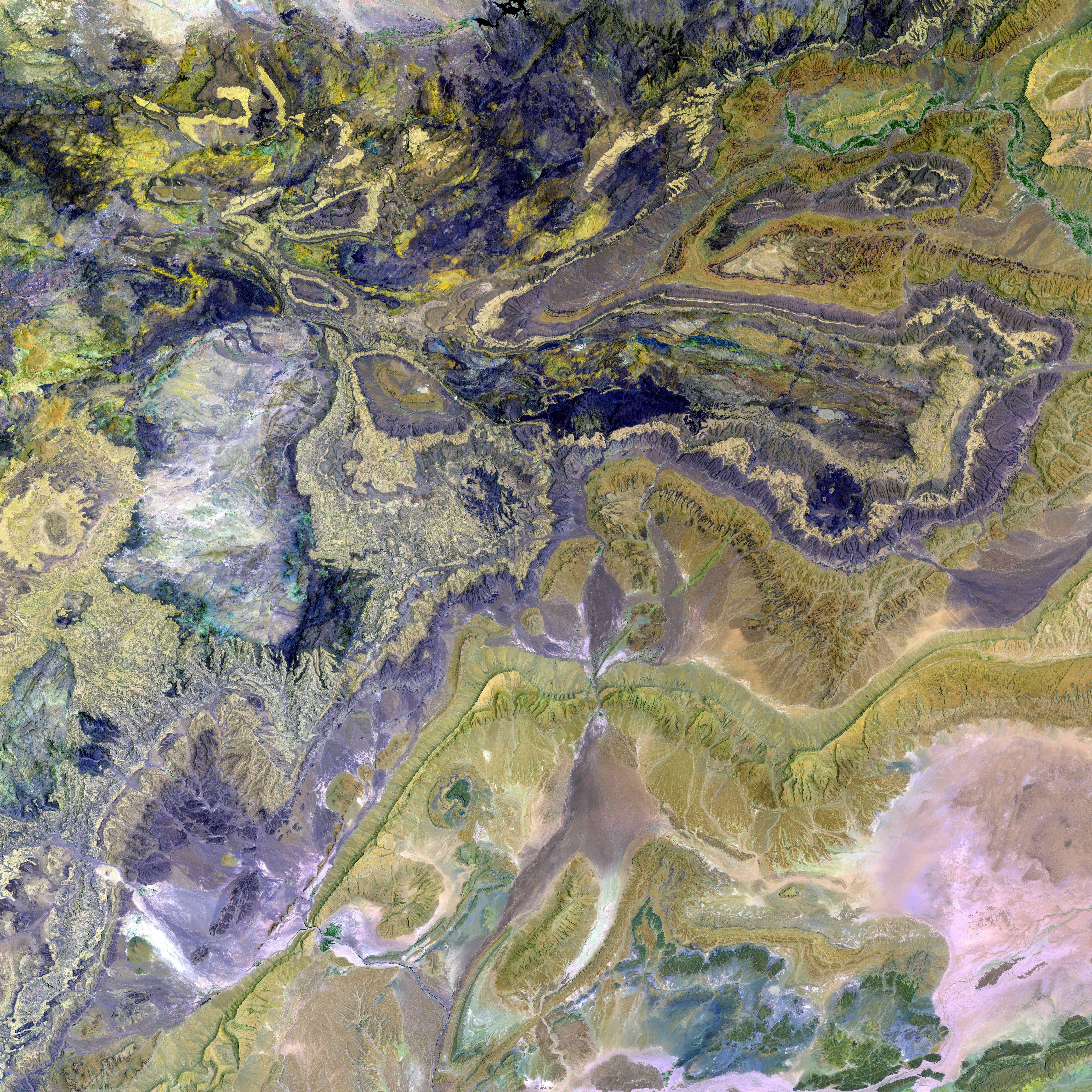Illegally-held wealth is projected to salvage Argentina's economic crisis - Argentina's Plan to Rescue Economy with Secret Funds Involvement
Inflation in Argentina has skyrocketed, causing a significant impact on the country's economy and its citizens' livelihoods. Prices for various goods, including the nation's favorite dish, beef, have increased by more than 50 to 100 percent, forcing many to opt for cheaper alternatives like chicken. The South American country holds the title of the country with the highest inflation rate worldwide, having surpassed the 290 percent mark in April 2024.
People's mistrust in the national currency, the peso, and banks remains high, leading many to secure their savings and investments in foreign currencies. Estimates suggest that there are more dollar bills in circulation in Argentina than anywhere else outside the US, with citizens holding between 250 and 400 billion US dollars in cash or abroad.
Upon taking office, President Javier Milei announced plans to minimize Argentina's budget deficit and strengthen the economy. To achieve this, the government is considering a devaluation of the national currency to replace it with the dollar—a move known as dollarization. This could pave the way for stability, as seen in countries like El Salvador, Panama, or Ecuador that have successfully adopted this approach.
However, Argentina faces challenges in implementing this strategy. The country lacks the necessary foreign exchange reserves, is highly indebted, and the government lacks the required imagination for a successful implementation. To circumvent these challenges, a thriving black market for dollars has emerged in Buenos Aires, where citizens exchange their pesos for dollars to protect against currency fluctuations.
In an attempt to legalize this "black money," President Milei has proposed relaxing or abolishing reporting obligations for dollar transactions introduced in 2019 through decrees and a bill. These obligations include reporting certain money transfers, cash withdrawals, real estate and car sales. These so-called capital controls aimed to support the collapsing peso but only resulted in a distortion between the black market and the official exchange rate. Investors and entrepreneurs have pushed for a change of course.
President Milei explains the move as a legalization of black money without tax payments. He believes that if these funds are injected into the economy, it will lead to an enormous acceleration of the growth rate. However, concerns remain about whether this strategy will benefit everyone in Argentina, where workers' wages remain low, and rising inflation and living costs continue to strain households.
- Argentina
- Black Market
- Javier Milei
- Inflation
- In the context of Argentina's ongoing economic crisis, President Javier Milei has proposed relaxing or abolishing reporting obligations for dollar transactions as a means to legalize the thriving black market for dollars, aiming to mitigate the distortion between the black market and the official exchange rate, and potentially stimulate the economy.
- As Argentina grapples with high inflation, political debates surround President Milei's proposal to legalize the black market for dollars, raising questions about its potential impact on finance, politics, general-news, crime-and-justice, and community policy, particularly concerning the well-being of the nation's workers and households.





